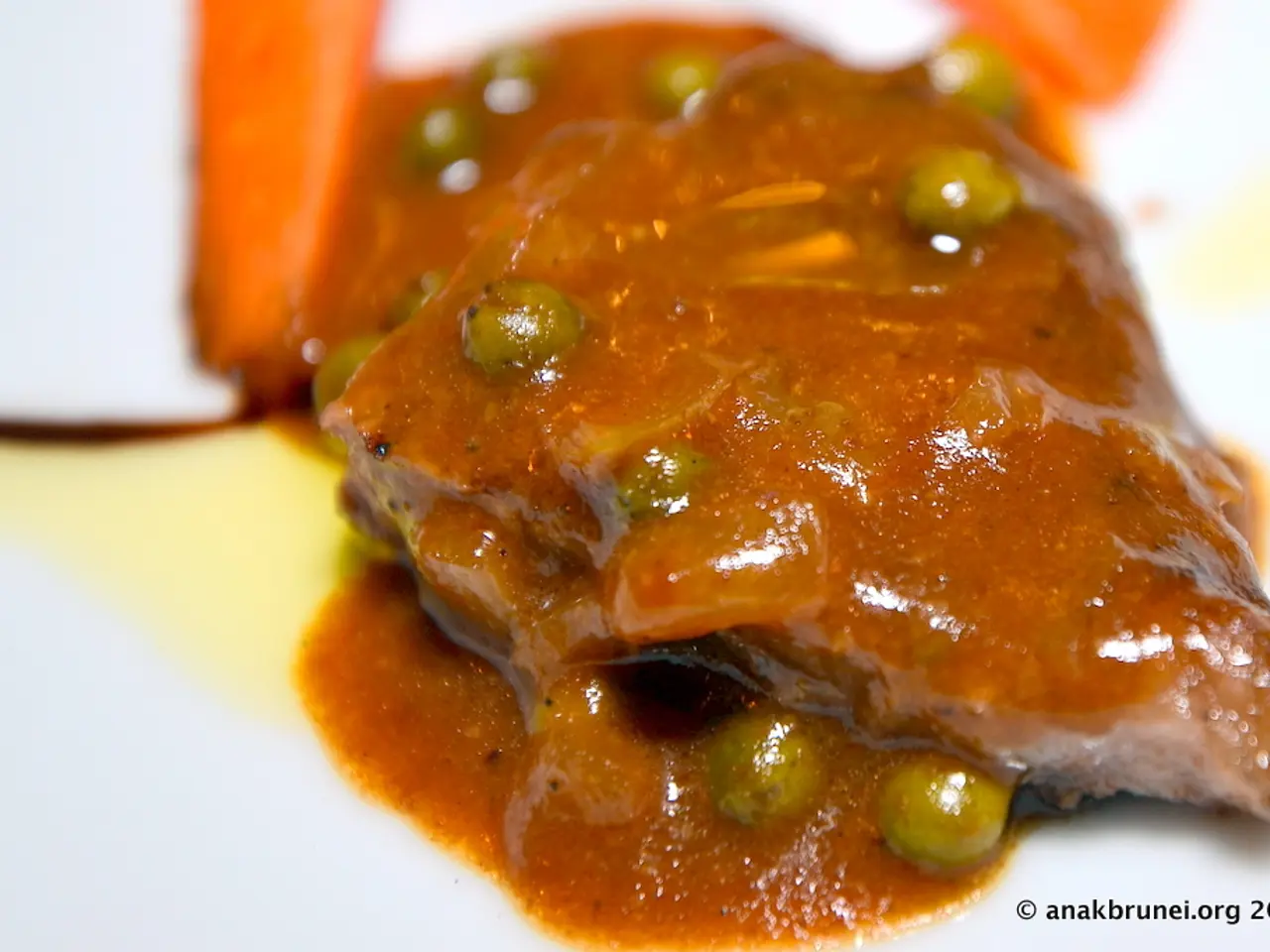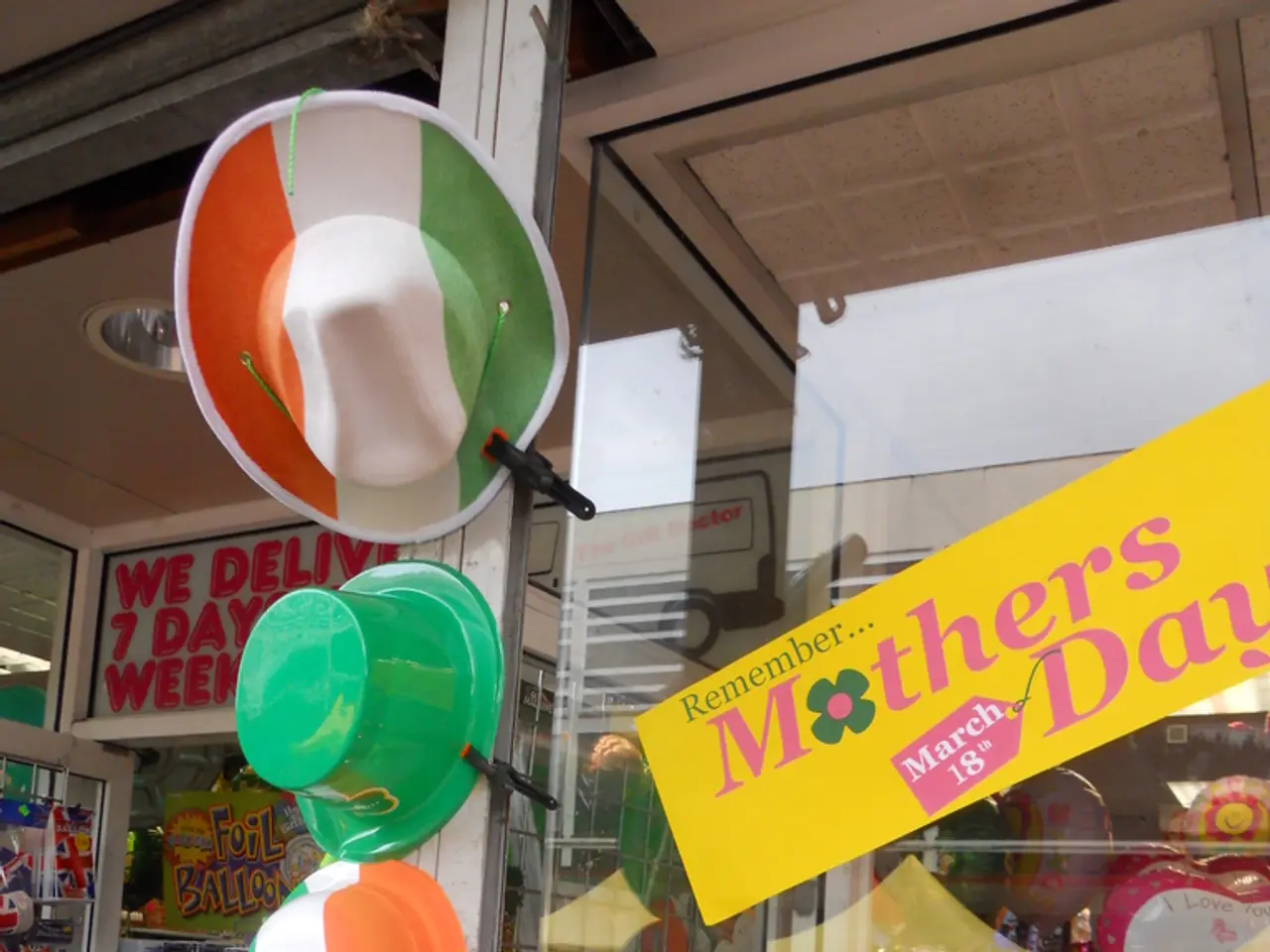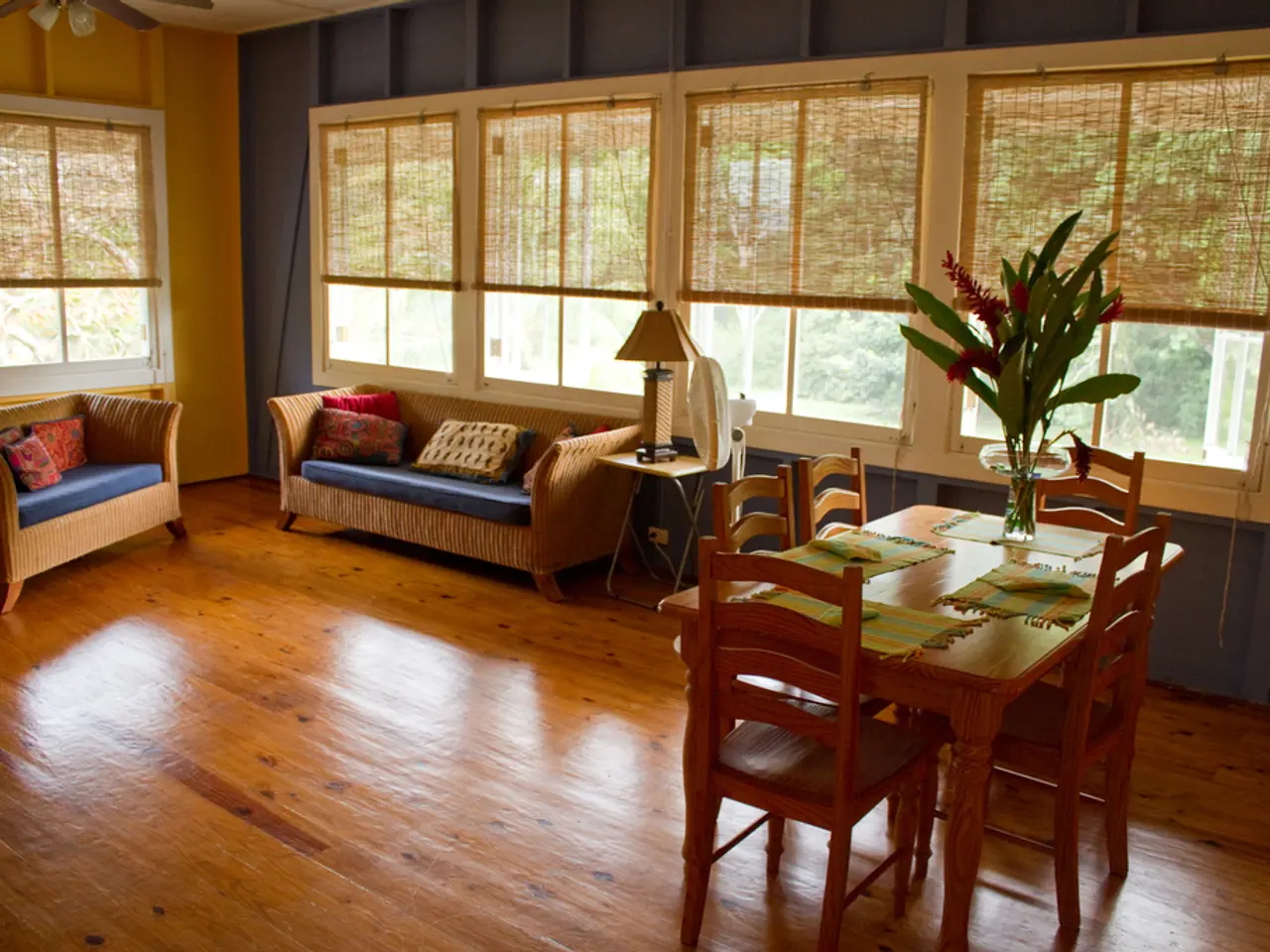Aid in the form of food vouchers minimizes financial struggles
Welthungerhilfe Aids Refugees in Syria Amidst Crisis
In the war-torn regions of Idlib and Aleppo, Syria, Welthungerhilfe is providing essential humanitarian aid to refugees and vulnerable populations. The organization is primarily focused on addressing food security issues in a catastrophic humanitarian situation.
The surge in food prices, particularly a 900% increase in bread prices within one month at the end of last year, has been a significant challenge. To combat this, Welthungerhilfe has supported local bakeries to supply food to approximately 40,000 residents in Aleppo [1].
The organization's approach combines emergency relief with long-term development efforts, adapting to complex crisis settings where hunger coexists with ongoing conflict. In Syria, this strategy links immediate food aid and resilience-building to help communities sustain themselves despite armed conflict and economic hardship [4].
Welthungerhilfe operates through partnerships with local organizations and is part of broader coordinated humanitarian efforts under the Syrian Arab Republic Regional Refugee and Resilience Plan (3RP), which targets refugee needs and regional stability [2][3].
Furthermore, Welthungerhilfe advocates for political solutions alongside humanitarian aid, emphasizing the inseparable link between hunger and conflict [1][5]. They urge intensified diplomatic efforts to resolve conflicts while expanding project work to new areas in Syria and promoting sustainable recovery through collaboration with over 150 NGOs in the region [5].
In addition to supporting bakeries, Welthungerhilfe also distributes aid parcels containing essential items such as rice, lentils, oil, chick peas, salt, sugar, and tomato puree. Some project participants receive micro-gardening training to help them grow their own food [6].
Many refugees, like Obeida Yousef, a 40-year-old farmer from Aleppo who lost both arms in an air attack, are dependent on assistance and live in difficult conditions. Zahida Khleef, a refugee from the west of the Aleppo Governorate, grows her own vegetables with the help of Welthungerhilfe and Ihsan, and hopes to return to her home in peace.
Nouri Kamel, a refugee from the north of Hama, lives with his eight children in a single room and struggles to afford medicine for his family. He hopes for a future where his children can live in peace and joy, rather than as refugees. Fakhri Masri, a 47-year-old refugee from Damascus, is in a wheelchair and can no longer work due to an air strike. He receives food vouchers from Welthungerhilfe to help provide for his family.
Aid parcels with essential hygiene products are also distributed. Millions of Syrians have been displaced from their homes due to the war in Syria. Welthungerhilfe provides humanitarian aid for people in need worldwide with donations.
Welthungerhilfe's efforts in Idlib and Aleppo are making a significant difference in the lives of many refugees. Amar Homede, a 35-year-old refugee from the south of Idlib, still goes out to look for work despite the constant bombings and has received support from Welthungerhilfe and Ihsan for his disabled son's medical care. He hopes to support his family and ensure that his children can go to school.
In summary, Welthungerhilfe supports refugees in Idlib and Aleppo by providing affordable food, implementing a dual approach combining immediate humanitarian aid with longer-term resilience and development programs, participating in coordinated regional plans (3RP) to address both refugee relief and host community needs, advocating for political engagement and sustainable solutions, and expanding humanitarian projects within Syria.
In the midst of crisis, Welthungerhilfe not only focuses on food security challenges for refugees and vulnerable populations in Syria, but also strives to enhance their lifestyles by distributing aid parcels containing food items like rice, lentils, and tomato puree [6]. Additionally, the organization promotes home-and-garden initiatives by offering micro-gardening training to refugees, helping them grow their own food in difficult conditions [6].




